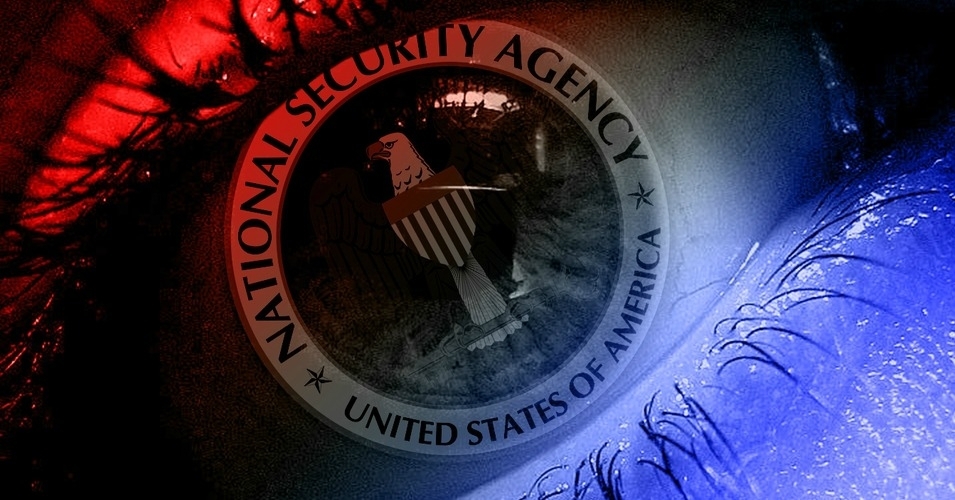A federal court on Friday reversed a lower court’s landmark 2013 decision that said the National Security Agency (NSA)’s spying operation was likely unconstitutional.
The U.S. Court of Appeals for the District of Columbia Circuit ruled (pdf) that the plaintiff in the case of Klayman v. Obama did not have the legal standing to challenge the constitutionality of the program. Judge Richard Leon, who issued the 2013 ruling, called the NSA’s operations “almost Orwellian.”
Siding instead with the government, the three-judge panel on Friday argued that the plaintiff, conservative activist Larry Klayman, did not demonstrate the “concrete and particularized” injury required to sue the government because he could not prove that the dragnet vacuumed up his metadata in particular.
The impact of the ruling is unclear, coming as it does just months after U.S. Congresspassed legislation to replace unlimited government spying with a more restricted program. A separate ruling by the Second Circuit Court of Appeals in New York earlier this year also found that the NSA’s bulk surveillance program was illegal.
Observers of the case took special note that today’s ruling made no judgement on the constitutionality of the bulk data collection program, only that Klayman’s standing was deemed insufficient. As journalist Glenn Greenwald tweeted, “Nothing about whether bulk collection is actually constitutional.”
And ACLU deputy legal director Jameel Jaffer added, “Only one appeals court has ruled on merits. And it ruled program unlawful.”
As of now, the case will be sent back to Leon for further proceedings. The Associated Pressreports that Leon will “determine what further details about the program the government must provide.”

